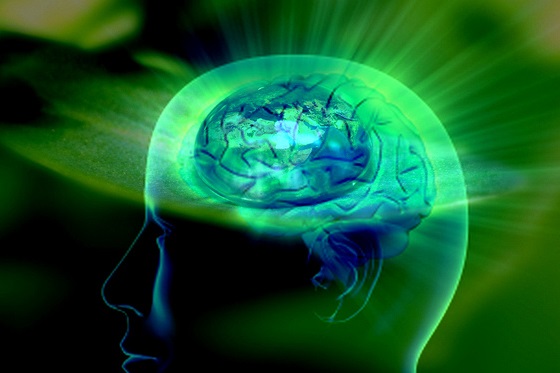Do You Suffer from Depression?
By: Other | September 29, 2017

Therapy Changes eagerly announces new, innovative treatments for our clients that compliment therapy and help achieve goals more effectively. Our team recently learned of an alternative treatment approach for patients suffering from Major Depressive Disorder or MDD. The treatment is called Brainsway Deep Transcranial Magnetic Stimulation or dTMS. Therapy Changes is pleased to share an article on the subject by Dr. Manish Sheth, Licensed and Board Certified in Psychiatry and Addiction Medicine.
New Ways to Treat Depression Effectively
by Manish Sheth, M.D., Ph.D.
Treating depression has advanced in the past 50 years. Prozac was introduced 30 years ago. Punctuated by Cognitive Behavioral Therapy (CBT), the advent of antidepressant medications shifted treatment from long term residential facilities to outpatient facilities primarily. Today, with increased awareness and acceptance, people are more likely to report depression and to seek relief from practitioners. Despite these advances, many individuals still struggle with depression after numerous med trials and ongoing therapeutic interventions. That is my greatest concern — patients with depression that is resistant to treatment. Such treatment resistant depression is stated to exist among 34% of all depressed patients.
New Option for Treatment-Resistant Depression
There is reason for hope for those patients who have received partial or limited benefit from treatment. A new technology called Transcranial Magnetic Stimulation (TMS) is available as a non-invasive FDA treatment for depression. Originally approved in 2008, TMS devices have improved since then. The most significant update, which the FDA approved in 2013, delivers deep TMS via a “Brainsway” device that generates magnetic pulses up to 6 centimeters into the brain, where it stimulates neuronal activity in the limbic system. At Achieve TMS Centers, we focus on this method because response rates are significantly higher than those treated only with medications and therapy. Patients with treatment-resistant depression usually experience no more than a 20% remission rate with medications and therapy. By adding TMS, remission and response rates can reach more than 50% and 70% respectively.
What is Deep TMS?
The Deep TMS device includes a magnetic coil placed under a cushioned helmet. During the initial session, cortical mapping determines the target location and strength for TMS treatment and delivery of magnetic pulses. Treatment is customized to individuals, making it unlikely that any two people will receive exactly the same treatment strength or location. TMS involves multiple sessions, and most commercial insurance carriers in the U.S., including Tricare, cover the series. Since TMS reaches deeper structures in the brain, it is also being studied for the treatment of obsessive-compulsive disorder, addictions, posttraumatic stress disorder, and bipolar disorder. This treatment puts no restrictions on daily lifestyle such as driving or working. And, because it is a localized treatment, TMS does not have any adverse side effects such as weight gain, sexual side effects or sedation, which can occur with medications.
Are You a Good Candidate for TMS?
TMS is a sound augmentation treatment option for those suffering from symptoms of depression and can be a beneficial complement to cognitive behavioral therapy. If you are interested in learning more about TMS treatment, Achieve TMS offers a free consultation. We encourage our clients to continue working with their existing providers while receiving TMS. Achieve staff will work with your providers to ensure continuity of care.
How to Find Deep TMS Clinics
Achieve TMS is the largest and most experienced local provider for deep TMS and has five locations in San Diego County for the convenience of clients. Our staff will provide you all the information you need about TMS and also work with your insurance for authorization. To learn more or to locate an Achieve TMS Center near you, visit our website at www.achievetms.com.
_________________________________________________
Manish Sheth, M.D., Ph.D. is Licensed and Board Certified in Psychiatry and Addiction Medicine. He has experience working with patients who have various conditions such as depression, bipolar disorder, OCD, anxiety, ADHD and various mood disorders. He has extensive experience in TMS and loves to see the changes it can make in people’s lives.
Image: Kiah Ankoor on flickr and reproduced under Creative Commons 2.0



